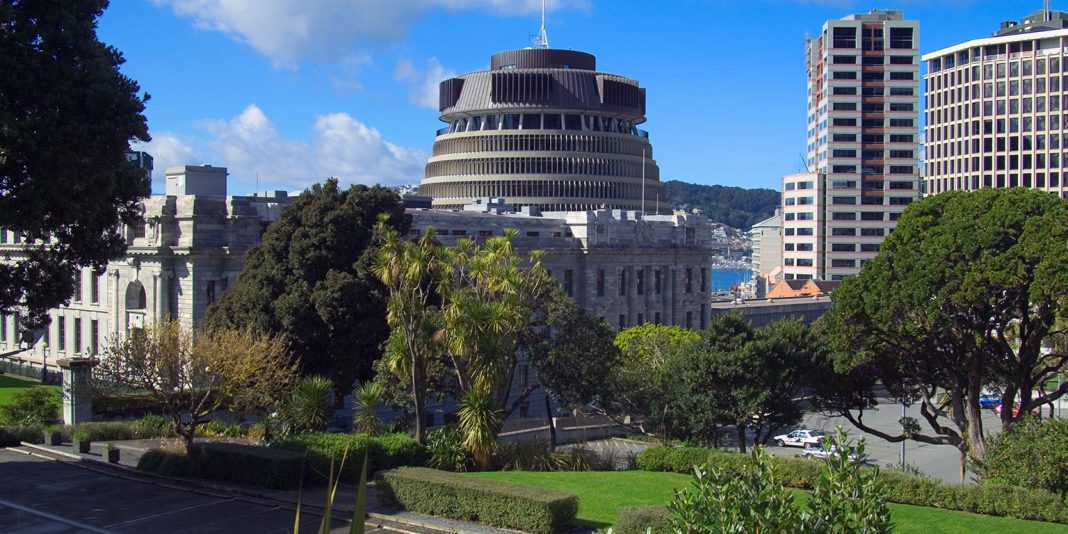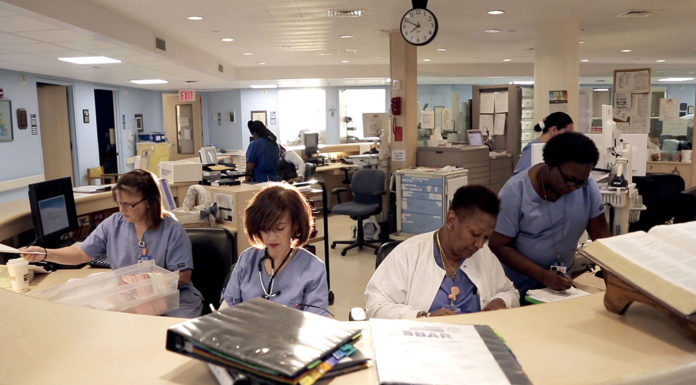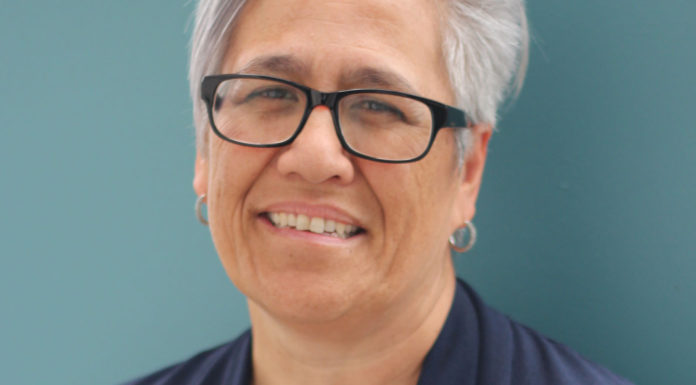An update on the DHBs’ 5th offer to nurses is expected tomorrow afternoon – meanwhile the Health Minister confirmed today that defence nurses worked in hospitals nationwide during the nurses’ strike.
The first revised pay offer since the strike on July 12 by NZNO’s DHB nurses was expected to have been tabled during today’s meeting between the 20 district health boards and the nurses’ union.
A short statement was put out this afternoon by the DHBs confirming they met with NZNO in Wellington today and both were ‘focused on reaching a settlement’. It also said the parties expected to be “in a position to provide further detail late afternoon tomorrow” and would make no further comment in the interim.
The New Zealand Herald reported that Health Minister David Clark confirmed in Parliament today that he had requested New Zealand Defence Force nurses to help out in public hospitals during the 24 hour strike. And that he was optimistic that he wouldn’t need to deploy them again as “all sides seemed to be engaging constructively”
His comments followed Defence Minister Ron Mark making a ministerial statement to Parliament confirming that he approved 17 defence force nurses being deployed in five hospitals from Waikato to Canterbury during the 24 hour strike.
“Following a request from the Minister of Health for New Zealand Defence Force assistance in the event of industrial action by nurses, I approved, under section 9 of the Defence Act 1990, the provision of a small detachment of up to 20 Regular Force nurses able to perform general nursing duties, if required, in accordance with priorities as provided by the Ministry of Health,” Mark said in his statement.
“This modest provision was made to assist the overall effort by the Ministry of Health and District Health Boards to maintain life-preserving services, and continuity of care, at locations across New Zealand in the event of industrial action on July 12, 2018,” he said.
The Defence Force nurses provided support for the provision of life-preserving services agreed between District Health Boards and the New Zealand Nurses Organisation.
They worked in emergency departments and intensive care and comprised one in Taupo, two each in Palmerston North and Invercargill and six each in Canterbury and Waikato.
“I commend the Defence Force for being able to move quickly and provide high-quality support. This effort reinforces the wide range of other tasks the Defence Force performs for our communities, and underlines their dedication and professionalism,” Mark said.
Clark said that because it was the first industrial action by nurses in a generation, it was prudent to ensure hospitals had enough nurses.
“It was for that reason that, as Minister of Health, I requested support from the Defence Force. Their contribution was part of a much larger effort to ensure patient safety remained a priority during 24 hours of strike action.”
He was optimistic the Defence Force nurses wouldn’t have to be used again.
“All sides seem to be engaging constructively. Of course they’ve got differences, they’re in a negotiation but they’re working hard to resolve it so we don’t have further strike action.
National’s health spokesman Michael Woodhouse told Parliament the move showed how “ham-fisted” the industrial relations management of the nurses’ dispute had become.
“When we’re calling in the army to man our hospitals, to staff our hospitals, during an industrial dispute, it behoves this Government to settle this action and, actually, to be a little bit more upfront with New Zealanders about what they’re doing and when,” Woodhouse said.
Source: Health Central & New Zealand Herald























